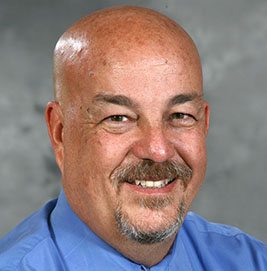Rethinking Community Justice Education

Crime and how we handle crime affects the entire community.
Not only those who suffer directly from violence, theft and insecurity, but also those who increase their vigilance and grow wary of their neighbors, who spend time and resources helping others in their communities rebuild and repair, and who live with heightened tension between police and local community members. This is why, in higher education, there is an urgent need for courses and programs that enable students of public safety and criminal justice to develop competencies in these areas, and for all of us to build awareness of these issues.
Law enforcement and criminal justice have always been more than the prevention and investigation of crimes and the arrest and successful prosecution of criminals. It has always been about justice in the community. Increasingly, police activity has extended to issues of domestic violence and juvenile justice, things that at one time were considered private matters. The work of criminal justice encompasses public and community relations, social services to families who have incurred loss due to the direct effects of crime, and support to families left behind by the arrest and imprisonment of family members. As Bryan Stevenson, founder and executive director of the Equal Justice Initiative, notes, “the opposite of poverty is not wealth — in too many places, the opposite of poverty is justice.” The costs of crime and violence to our communities, especially all the indirect costs, have rarely been tabulated and compensated, either in terms of restitution or reconstruction.
To focus on community justice is to be concerned with children who want and need to visit their parents in prison, with men and women who find themselves suspects in the eyes of law enforcement (if not victims of police violence), simply because of the color of their skin, and with neighborhoods that have lost a sense of peace and security after police activity on their streets and in their homes. Community justice is a concern not just for those in law enforcement, but for all citizens of our towns and cities.
As Pope Francis recently observed, “A way has to be found to enable everyone to benefit from the fruits of the earth, and not simply to close the gap between the affluent and those who must be satisfied with the crumbs falling from the table, but above all to satisfy the demands of justice, fairness and respect for every human being.” The old saying, “No justice, no peace” is not a threat, it is a fact of life; no community can be at peace until there is justice in the community.
That’s the mission that must now fully inform criminal justice education in our colleges and universities.
Dr. Doug Cremer is dean of the College of Liberal Arts